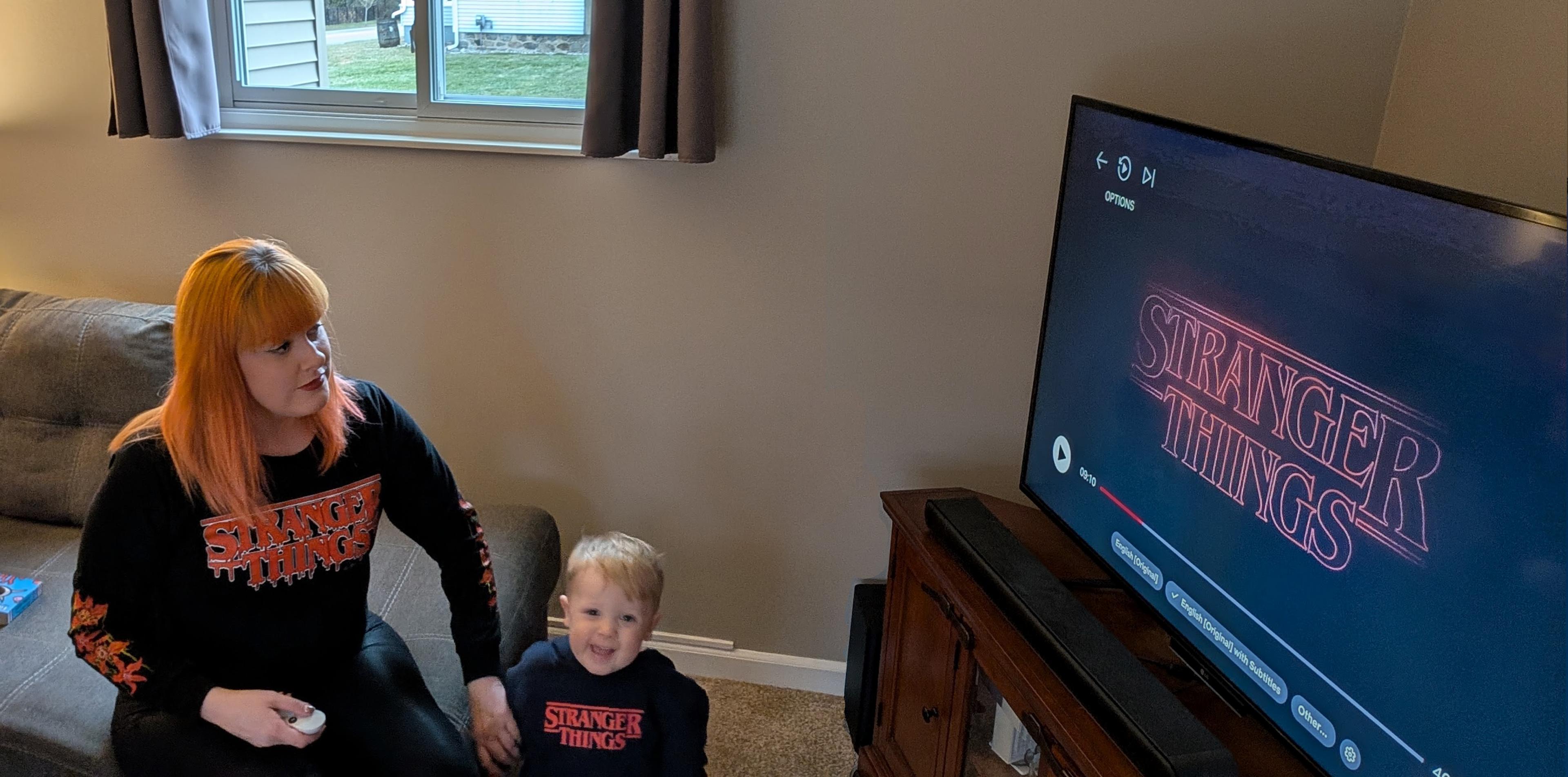Tips for Talking to Children after a Traumatic Event
Jake Newby
| 4 min read

Approaching your child to discuss something as delicate as their mental health can be complicated. Especially in the wake of a traumatic event.
As a parent, you’re there to help your child learn, grow, and cope, while providing a safe environment for them during times of concern and confusion. But you may feel a tad bit overwhelmed when it comes to even starting such a sensitive conversation.
If that is the case, give the following tips a try.
Find times they are mostly likely to talk and identify cues:
If you’ve picked up on times of day your child is most talkative, lean on them. If they are more likely to chat while driving in the car or before going to sleep, ask them how they feel then. Let them know you are interested in their thoughts and how they are coping with a particular event.
Watch for cues from your child that may indicate they’d like to talk. For instance, if they are hanging around while you do dishes or rake the leaves, that may be a time to engage in conversation.
Answer questions at a level the child can understand:
The National Association of School Psychologists (NASP) urges parents to keep explanations developmentally appropriate. That means, if you are helping an elementary-school aged child work through trauma, you should provide brief, simple information balanced with reassurances. Talk about the event without going into frightening detail and use language they understand.
Middle and high school-age children will likely have a better grasp on the nature of the traumatic events. Discuss strategies for problem solving after the traumatic event, and how to transform their feelings into appropriate solutions.
Listen to their point of view:
Be careful not to interrupt. The American Psychological Association suggests allowing your child to express their ideas and understanding of the event before you respond. Listening is imperative.
Reinforce safety and security:
Studies suggest that children model their coping strategies after their parents and other important adults in their lives. If you are anxious or panicked, they may pick up on that. On the flipside, if you demonstrate strength and confidence during a trying time, your kids could mirror those attributes as well.
Remind your child that you are there to provide safety, comfort, and support. Reassure them that any event that may be on their mind is over and cannot harm them. You may have to provide reassurance repeatedly, and potentially finding that safe space may put your child in a mental state that’s better suited to talk.
Make sure they aren’t jumping to incorrect conclusions:
If your child is in elementary school, they may see media coverage of a traumatic event and think it is unfolding over and over. Explain to them this is not true.
Younger children may also think tragedies are their fault because they were naughty or had bad thoughts about someone. Correct any self-deprecating thoughts your child may have during times of distress.
Provide ongoing opportunities to talk:
Your child may have fleeting thoughts on a traumatic event days or weeks after it’s occurred. It’s important to embrace those windows for conversation as well, as it’s possible your child needed some time to process before becoming fully comfortable to share their feelings.
Point out the positive:
Highlight the positivity, strength and hope that emanates from an otherwise tragic event, whenever applicable. Point out the heroic acts of others –whether it be bystanders, police officers or first responders – to instill hope.
In moments that feel dark, helping your child identify the positive change people made or tried to make may give them a sense of security and pave a pathway to recovery.
Learn more about mental health and options you have as a Blue Cross Blue Shield of Michigan or Blue Care Network member to seek help at bcbsm.com/mentalhealth.
Related content:
- Navigating Grief and Anxiety While Supporting Others Through Trauma
- Ways to Be More Present for the Holidays
- Six Tips to Manage your Child’s Epilepsy
Photo credit: Getty Images





